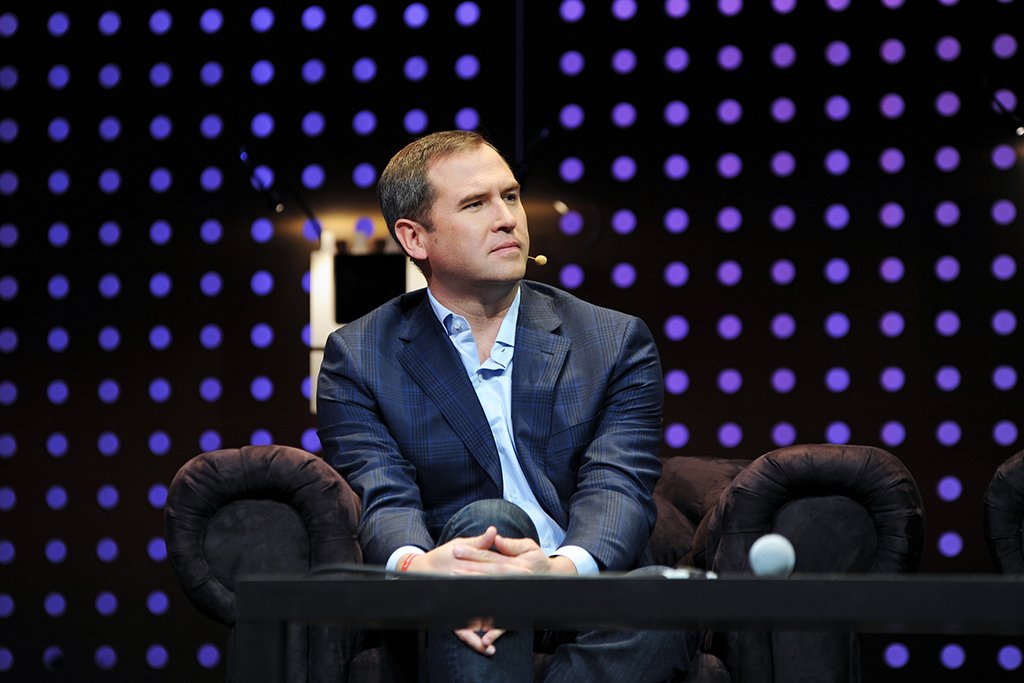Brad Garlinghouse, the CEO of Ripple, rejects the possibility of cryptocurrency replacing fiat money, but sees its future in cross-border payments.
Brad Garlinghouse, the CEO of Ripple, was recently interviewed on the Stanford Legal, the podcast hosted by Stanford Law professors Pam Karlan and Joe Bankman. The session was mostly focused on analyzing the current and future legality and utility of cryptocurrency. The topics of Ripple, its native XRP token, Bitcoin scalability problems, and the blockchain technology in general were also covered.
Garlinghouse bagan with underlining the difference between Ripple and XRP, noting that XRP is an open-source and decentralized technology. According to his words, before working on XRP, some of the creators used to work on Bitcoin while developing the Ledger, but faced serious scalability problems, some of which were set to be solved with the help of XRP:
“They saw some of the scalability problems the Bitcoin is likely to have, from a energy consumption cost. They wanted to build a better digital asset to solve some of these problems.”
Anyway, the CEO of RIpple doesn’t think that either XRP or BTC will replace fiat money in near future, as he sees is pointless for now:
“I don’t think we’re going to be buying coffee at Starbucks with Bitcoin or XRP anytime soon. I think we’ve got to ask ourselves: What problem is that solving? You were talking about paying for the day spa bill and how you do that, but I think in some ways the friction – fiat currency, the US dollar in this case works pretty well, and so we need to make sure it’s better than that before we talk about it as a currency…”
According to Garlinghouse, the world cryptocurrency can truly be better than fiat in cross-border payments and money storage. Especially, it is related to weak economies, affected by inflation. According to Garlinghouse’s recent conversation with an employee of the World Bank, the average remittance cost in countries apart from those in the G20 was 600 basis points, or around 6%.
Garlinghouse commented:
“There are economies where the fiat currency is at best a weak currency. And in those contexts, if I were a consumer experiencing hyperinflation – would you rather hold a cryptocurrency or your fiat currency? And in a lot of those cases, you’re seeing people take their dollars, or not dollars, pesos of various sorts, and saying, ‘I’d rather hold this because it’s a better asset to hold in terms of its potential appreciation and lack of inflation.’”
The CEO believes that cross-border payments is the field, where cryptocurrency can become a perfect solution, in case Ripple can provide the “effectively real-time” international transactions that they promise. This is very likely to disrupt many industries by saving their time and money resources.
Garlinghouse added:
“We had one of the largest banks in Australia, the CEO told me that 40% of all of their consumer wire transfers result in a customer service phone call. The frustrating thing for the bank is not only do they have to absorb the cost of taking a customer service phone call, they also deliver the news that they don’t know wait a couple more days it’ll probably be there.”
Garlinghouse mentioned Ripple and Ripple Net, another Ripple’s technology, as good ways to conduct cross-border payments in a faster, cheaper and safer way.
